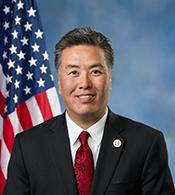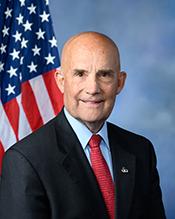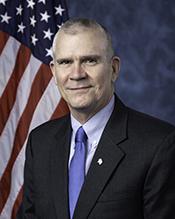0
Bipartisan Ban on Congressional Stock Ownership Act of 2023
1/30/2024, 8:15 AM
Summary of Bill HR 1679
The bill is sponsored by a bipartisan group of lawmakers who believe that owning individual stocks can create conflicts of interest for members of Congress. By banning stock ownership, the bill aims to ensure that lawmakers are making decisions in the best interest of the public, rather than their own financial gain.
If passed, the Bipartisan Ban on Congressional Stock Ownership Act of 2023 would require members of Congress to divest any individual stocks they currently own within 90 days of the bill becoming law. Lawmakers would be allowed to invest in mutual funds or exchange-traded funds, but would be prohibited from owning individual stocks. Supporters of the bill argue that it is necessary to restore public trust in Congress and prevent potential corruption. Critics, however, argue that the bill could limit lawmakers' ability to make informed decisions on financial matters. Overall, the Bipartisan Ban on Congressional Stock Ownership Act of 2023 is a significant piece of legislation that aims to address ethical concerns within Congress and promote transparency and accountability among lawmakers.
Congressional Summary of HR 1679
Bipartisan Ban on Congressional Stock Ownership Act of 2023
This bill prohibits Members of Congress and their spouses from owning or trading stocks, bonds, commodities, futures, or any other form of security.
Each current Member must divest within 180 days after the bill is enacted and each new Member must divest within 180 days after becoming a Member. However, Members and their spouses have 5 years to divest from specified complex investment vehicles. The bill does not apply to certain investments, such as investments in widely held investment funds that are diversified and do not present a conflict of interest and investments held in government employee retirement plans.
A Member or spouse who violates the bill may be subject to a fine of up to $50,000 for each violation. The bill permits a Member or spouse who is required to divest property under the bill to avoid recognizing gain for income tax purposes from the sale of that property to the extent that the Member or spouse purchases permitted bonds or diversified investment funds within 60 days of the divestiture.





